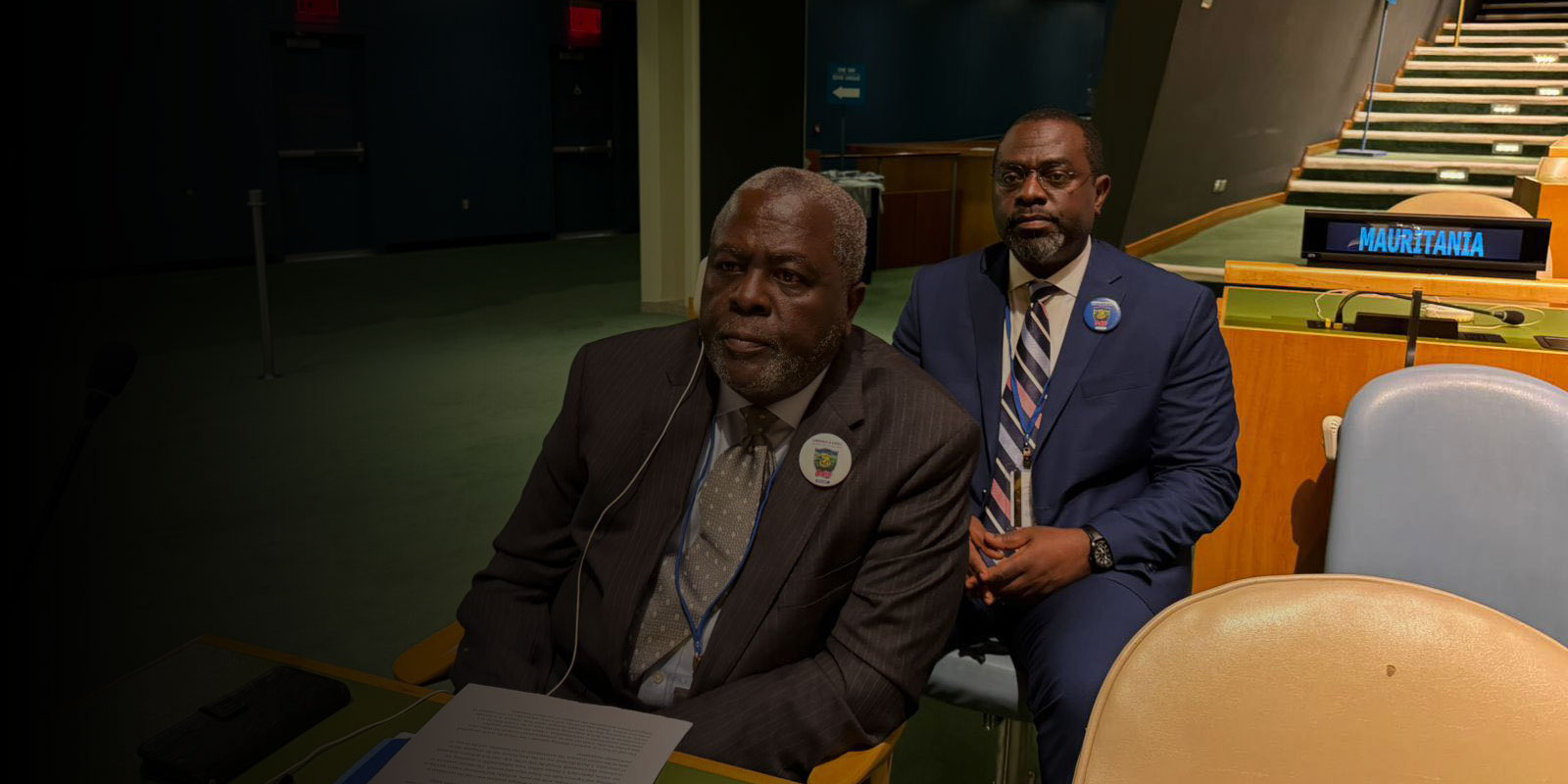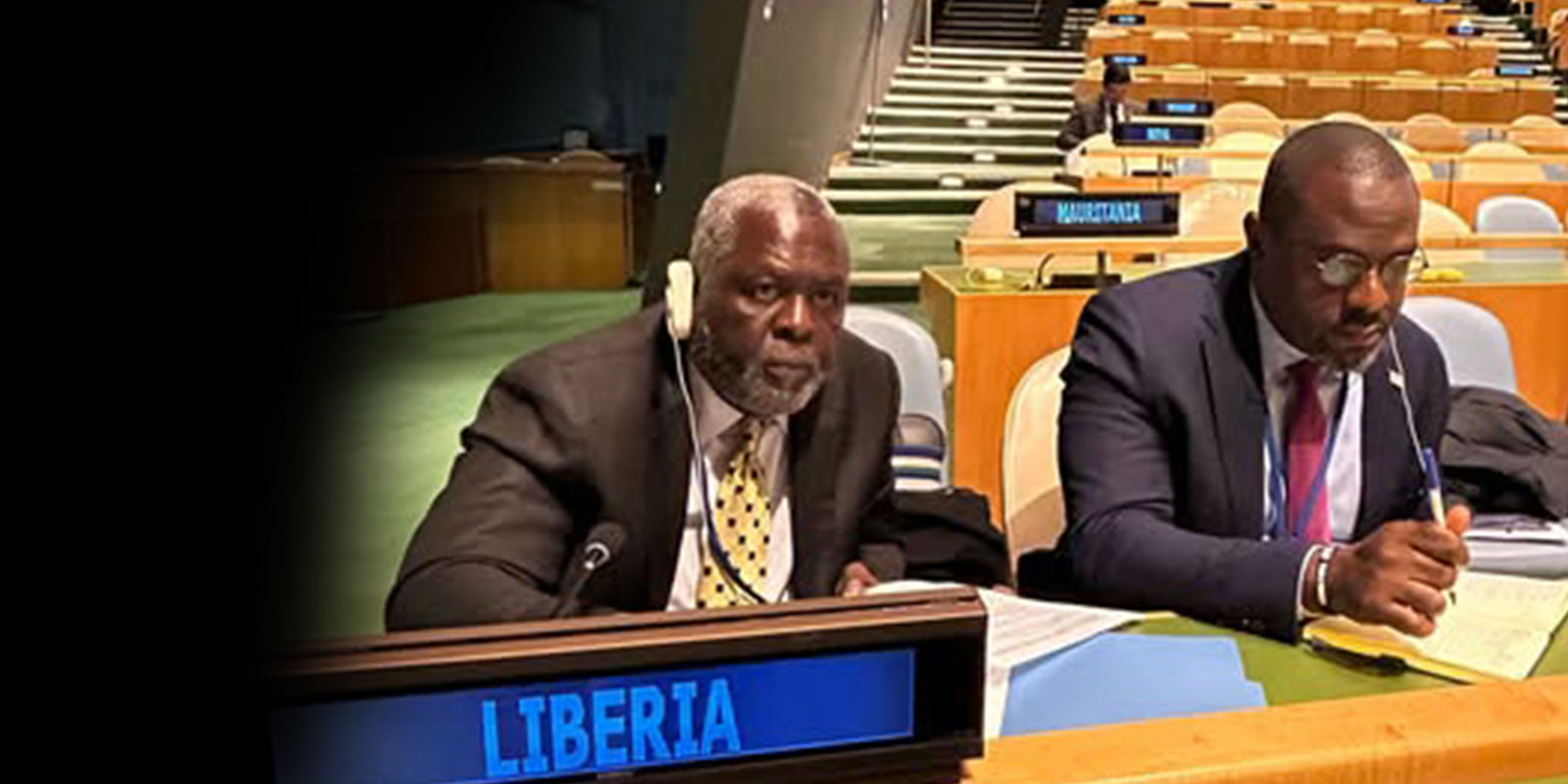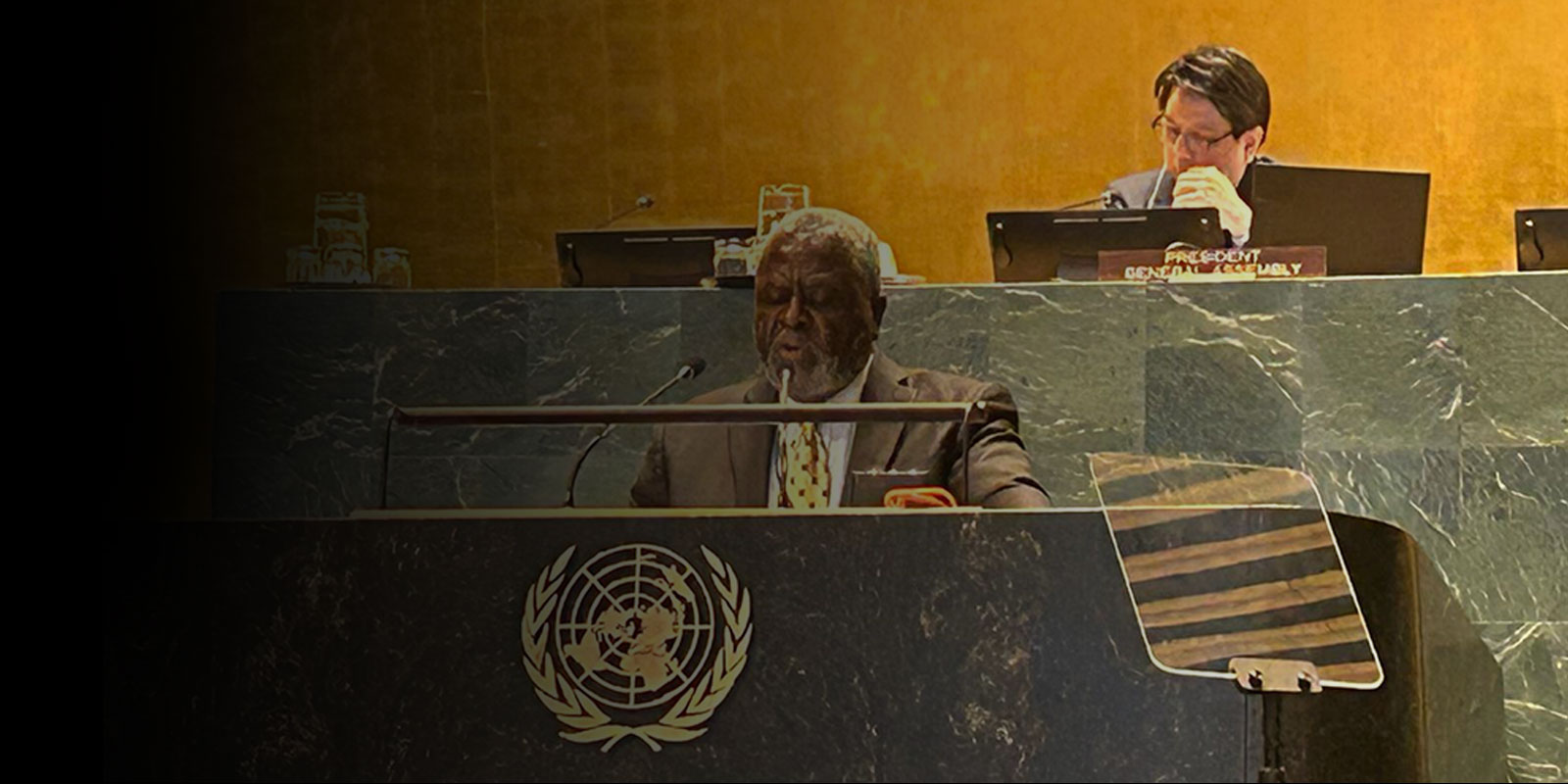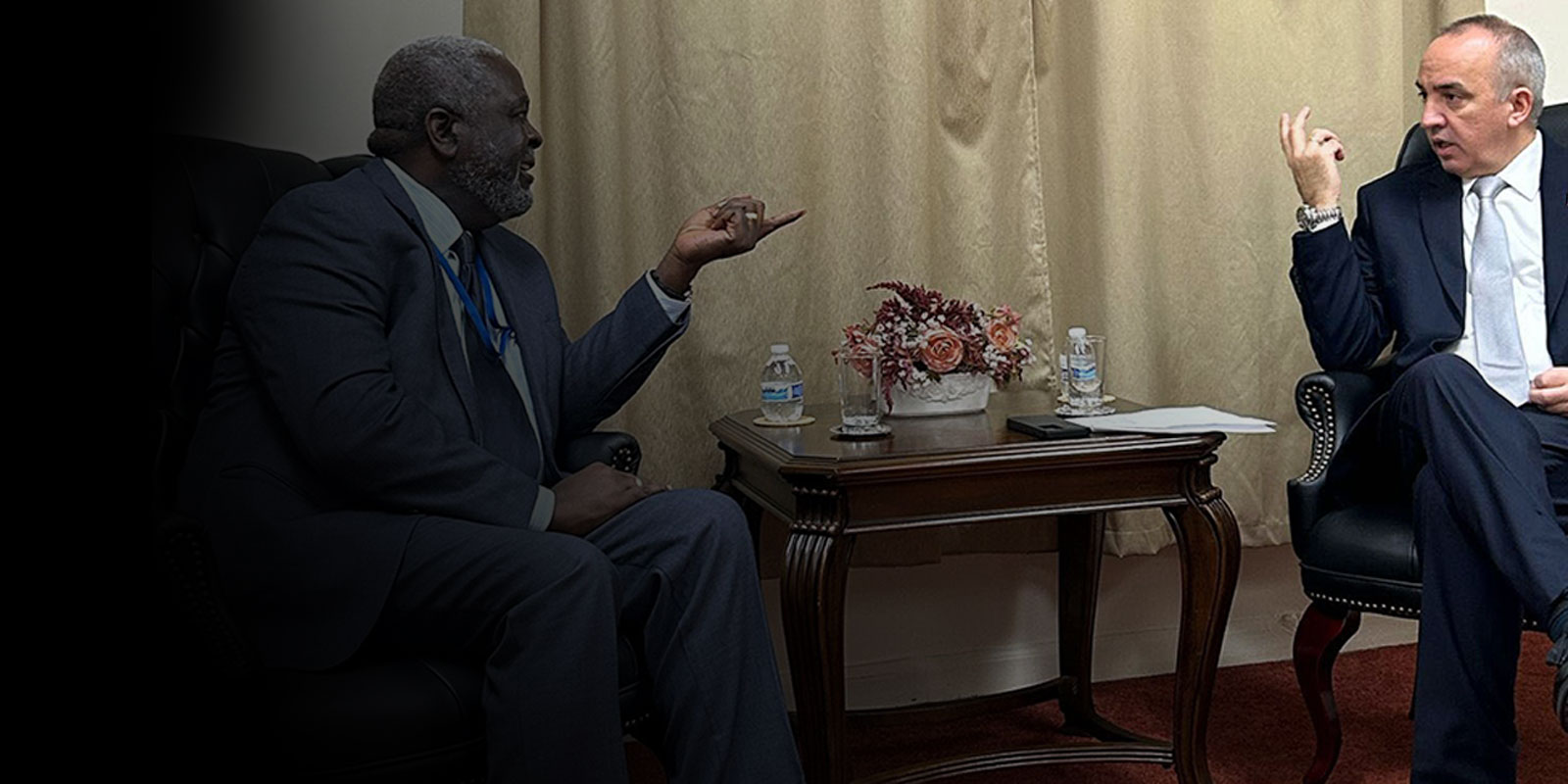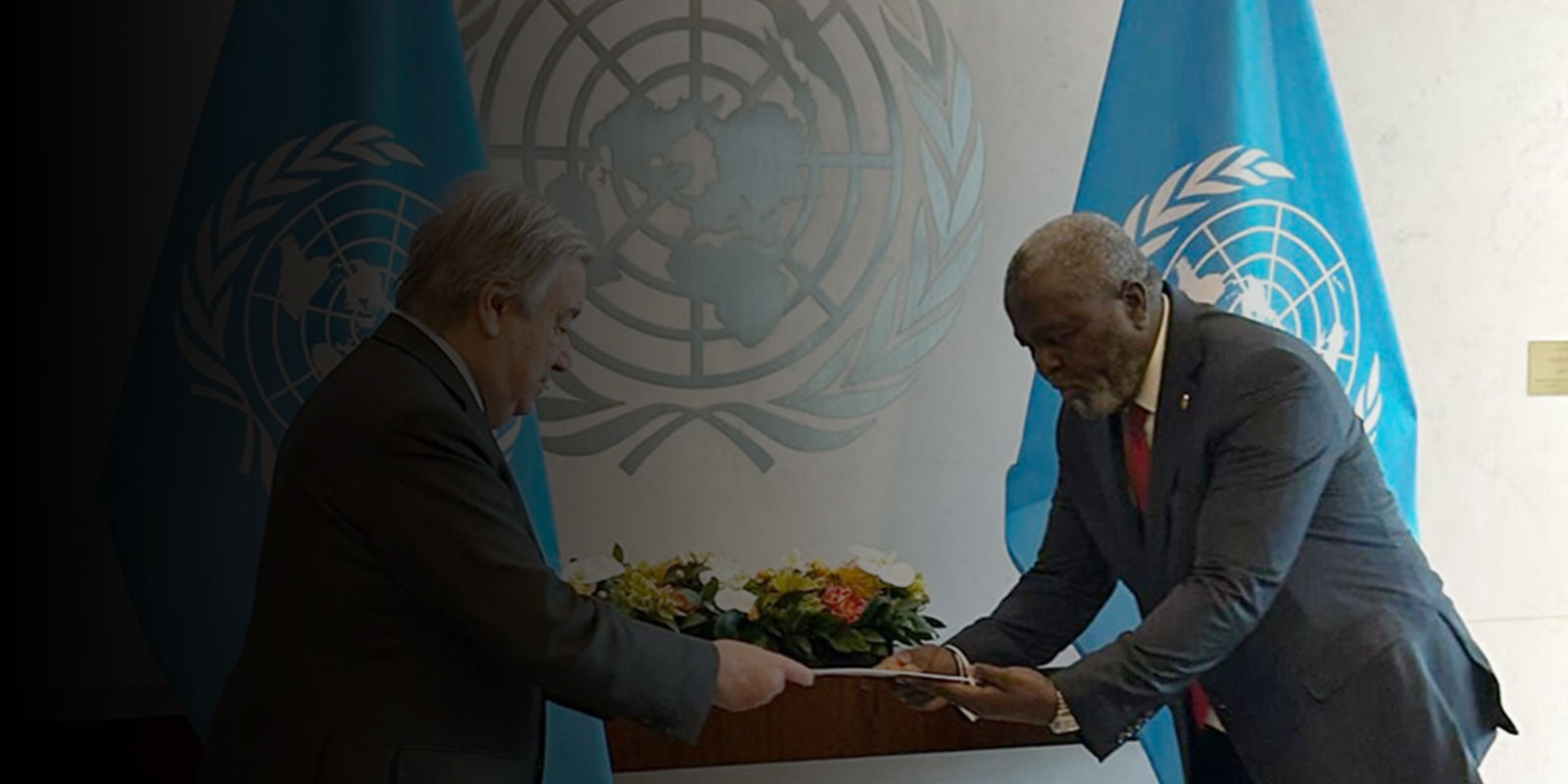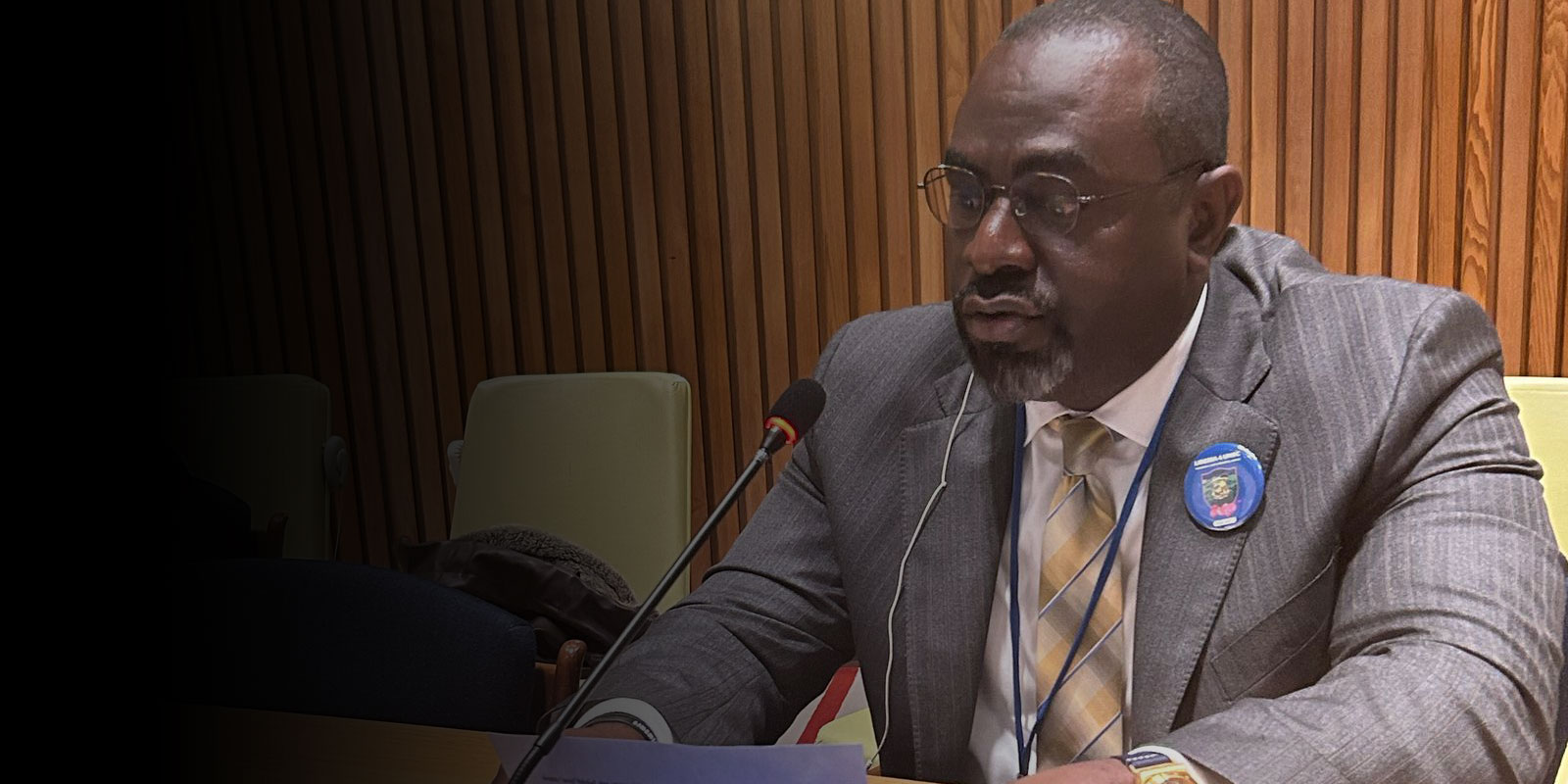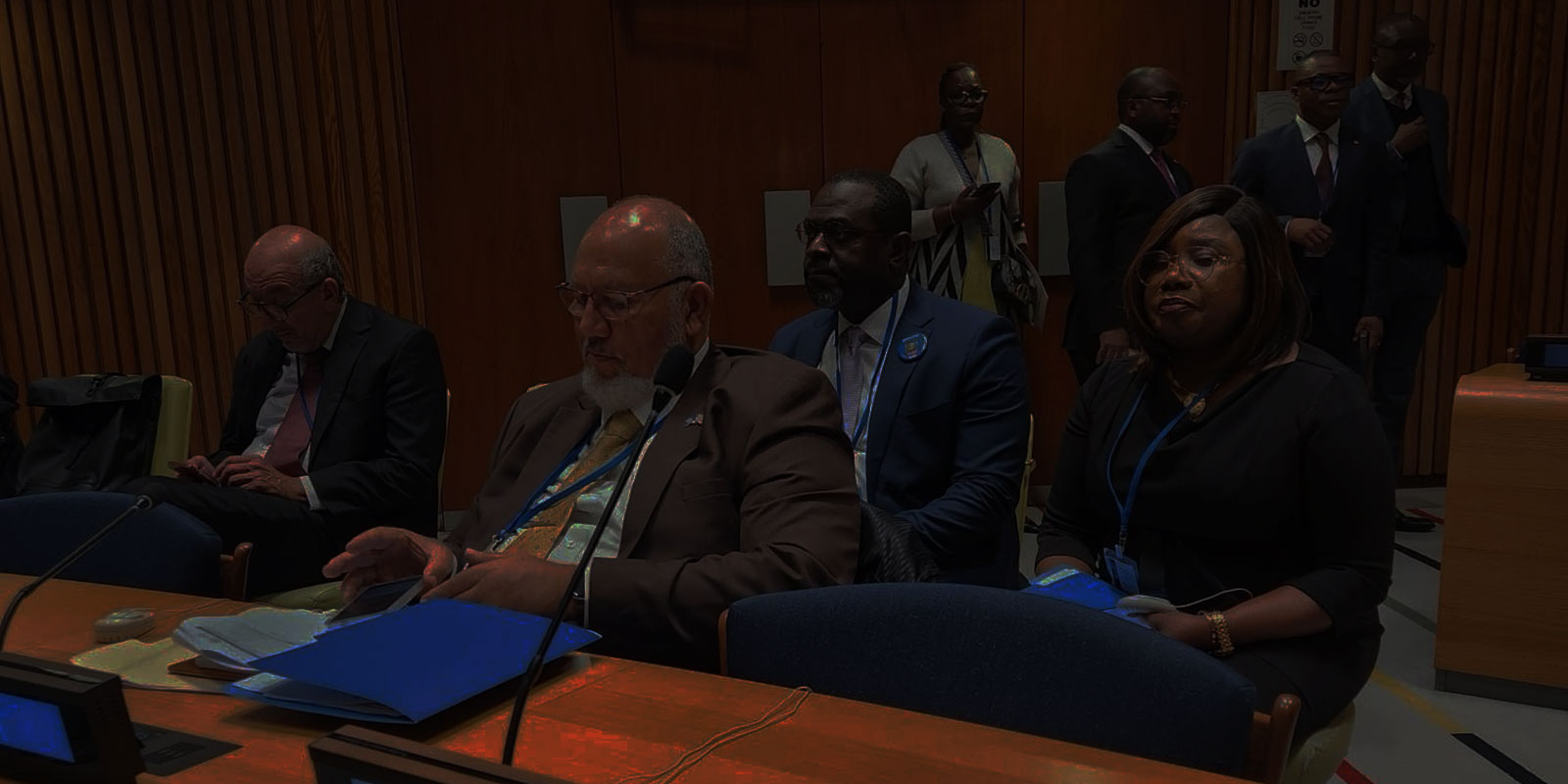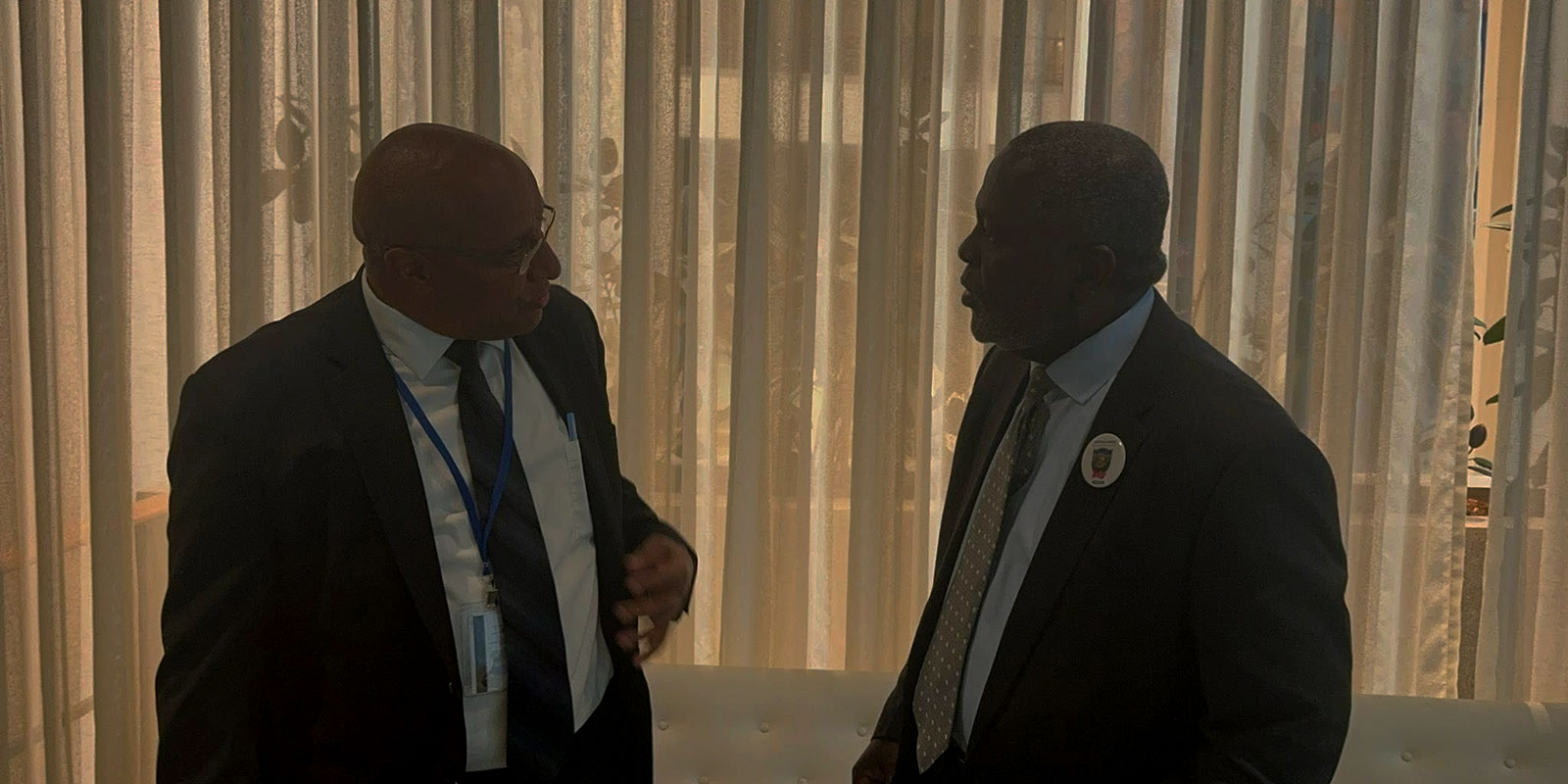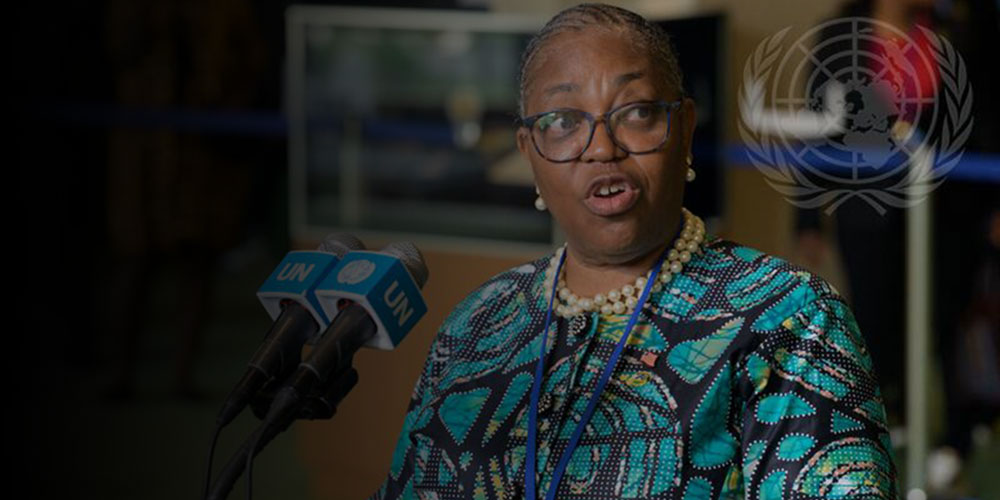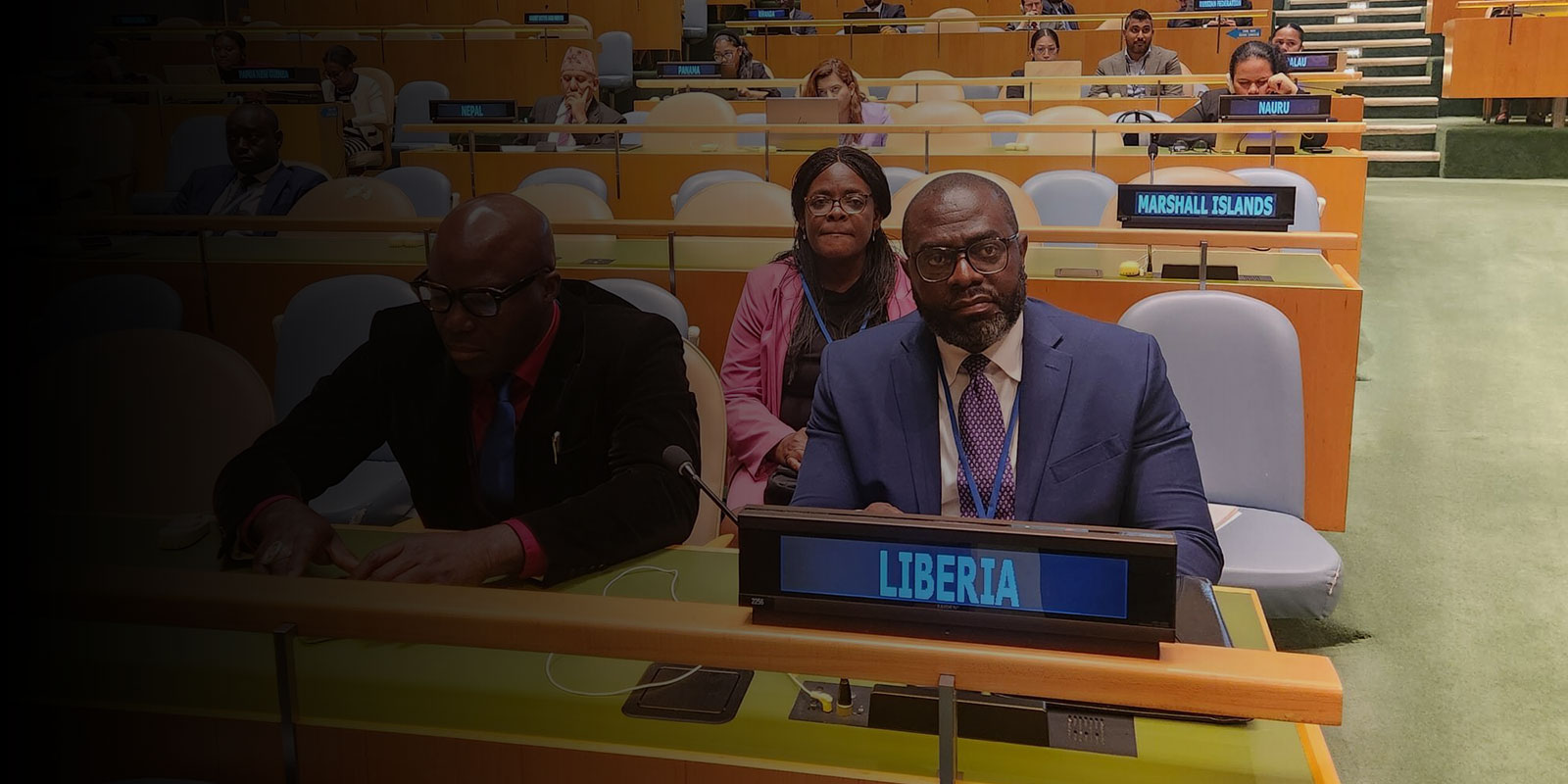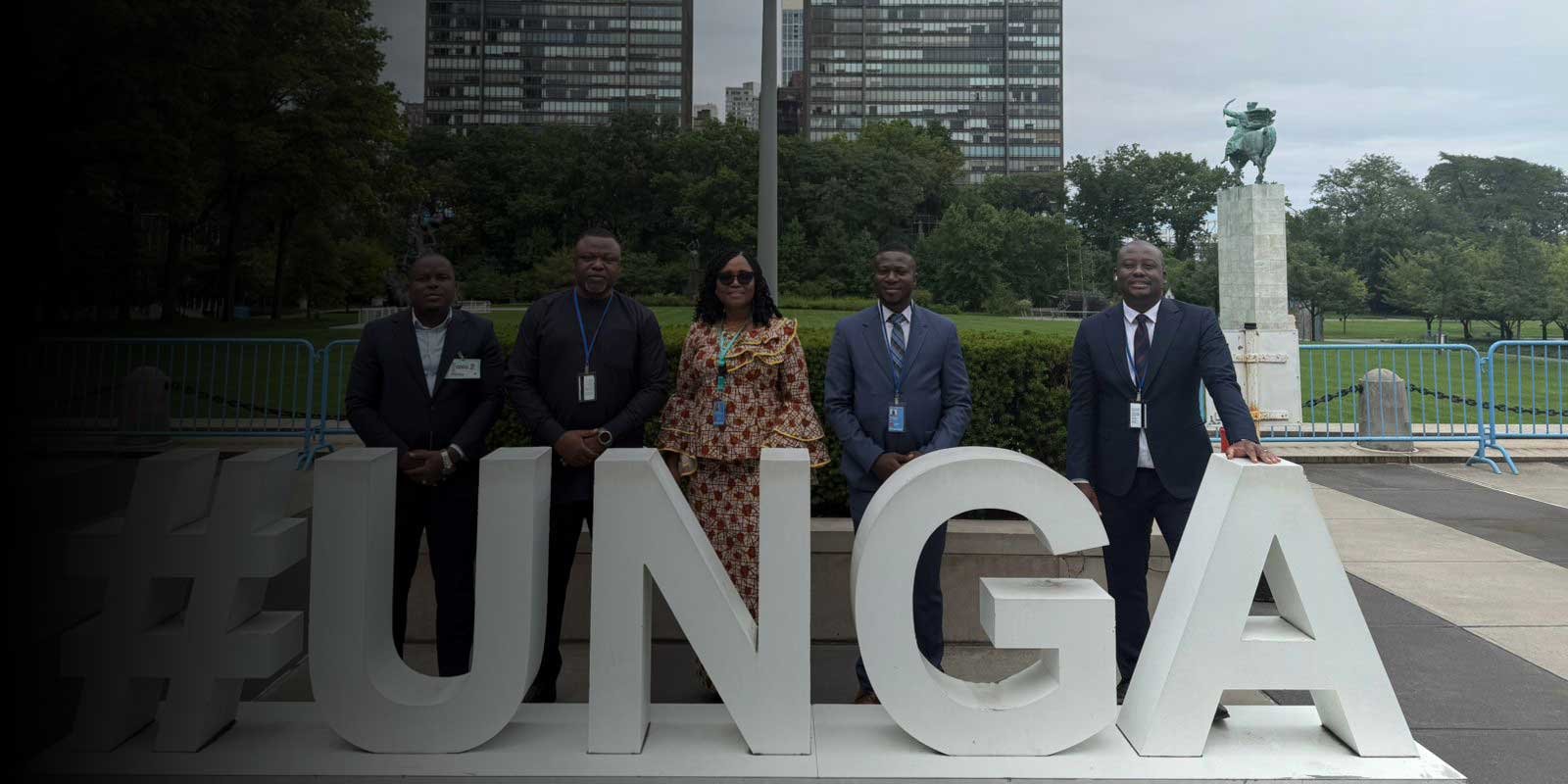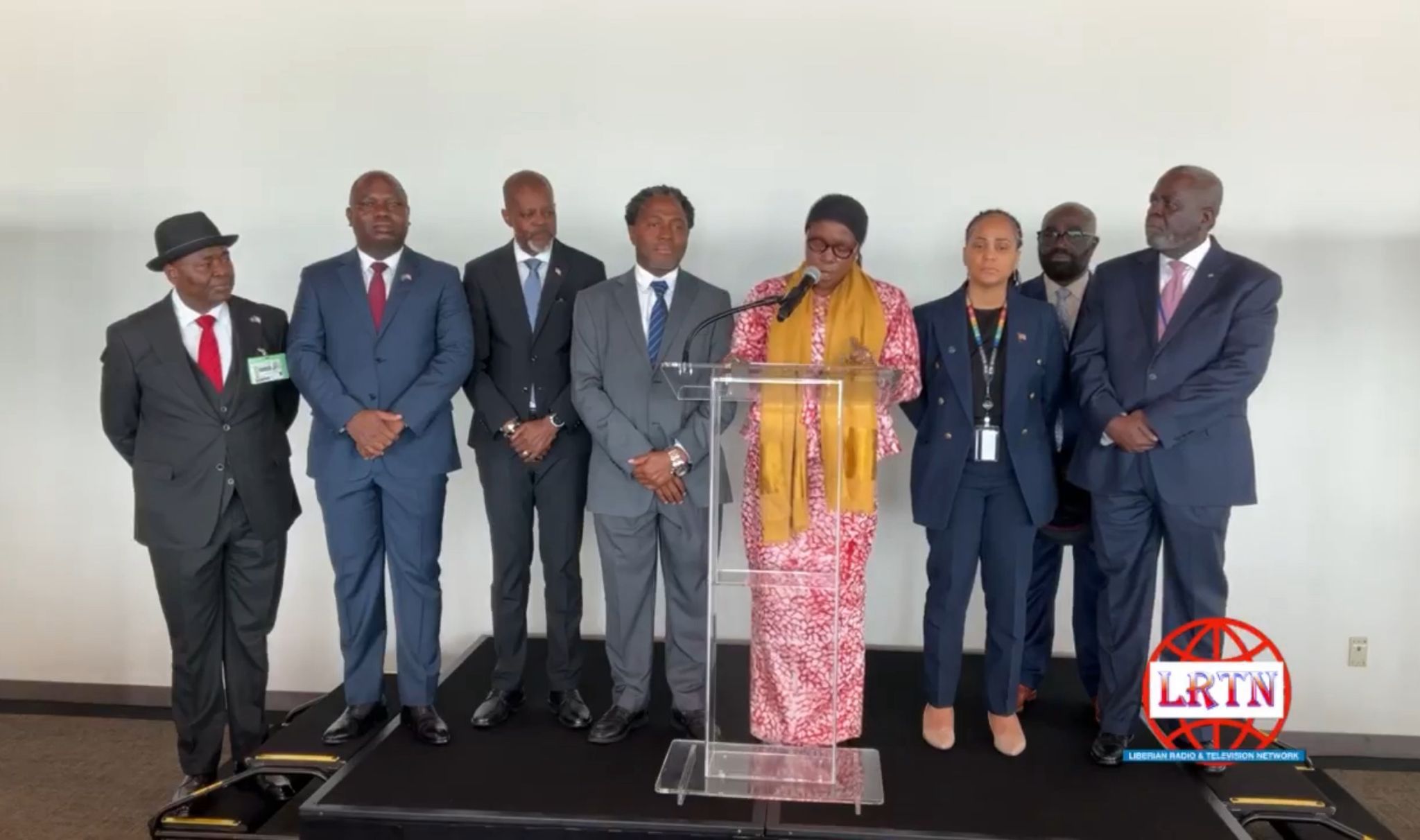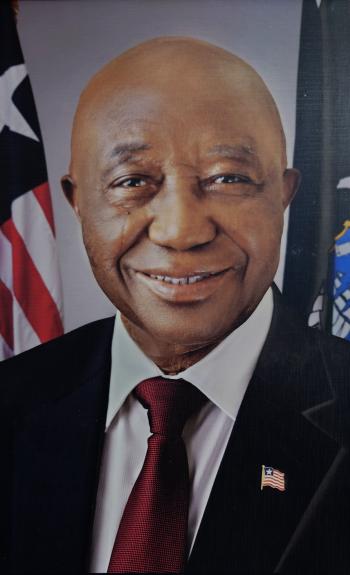United Nations Headquarters, New York, USA | August 19, 2025 : President, Liberia thanks Panama for convening this timely and vital open debate. We express appreciation to Secretary General Guterres for his report. We also thank the Special Representative of the Secretary-General on Sexual Violence in Conflict, Ms. Pramila Patten and Ms. Iklas Ahmed for their compelling briefings.
We commend the work of the United Nations and its partners, who remain at the forefront of efforts to confront this devastating weapon of war, repression, and control. Despite strong international frameworks—including Security Council Resolutions 1325, 1820, 1888, 1960, and 2467—conflict-related sexual violence (CRSV) persists. Its tactics evolve. Its targets shift. And its impacts remain most severe for women and girls and those in already marginalized communities.
President,
Liberia knows this trauma intimately. Our nation has walked the painful path of recovery from conflict where sexual violence was used to terrorize and subjugate. From that experience, we know both the deep scars such crimes leave and the critical role of survivor-centered justice and resilience. That is why we advocate not only for new tools and technologies, but for systemic innovation—strategies that respect survivors’ dignity and restore their agency.
Let me outline several strategies Liberia considers vital in addressing this challenge.
Firstly, we believe in the power of community-based response networks. In Liberia, women-led community watch groups, supported by traditional leaders, have proven effective in identifying risk, referring survivors, and raising awareness. These grassroots mechanisms bring services closer to those in need. They must be supported, scaled, and protected, especially in fragile contexts.
Secondly, mobile and digital solutions are essential in areas where conflict has disrupted infrastructure. Liberia has deployed mobile health clinics, toll-free hotlines, and SMS-based reporting platforms. These tools have proven invaluable in connecting survivors to services. But they must be secure, confidential, and survivor-centered. Greater investment is needed to ensure real-time access to medical, legal, and psychosocial support—even in the most remote and dangerous areas.
Thirdly, we must eliminate fragmented service delivery. Survivors should not bear the burden of navigating complex systems. In Liberia, we have integrated sexual and gender-based violence services into our national health infrastructure, bringing together medical treatment, psychosocial support, legal aid, and shelter. We urge similar models to be adopted in humanitarian and peacekeeping settings, with adequate funding and coordination.
Fourthly, legal accountability must be a priority. Impunity fuels repetition. Liberia supports the deployment of mobile courts to remote areas and is committed to trauma-informed judicial reform. We believe in legal frameworks that prioritize the needs of survivors while ensuring justice is done. Courts must become spaces where stigma is dismantled—not reinforced.
Fifth, we must place survivors at the center of our responses—not just as beneficiaries, but as leaders, allowing them the much-needed space and time to heal and recover without the extra weight of trauma. Their participation in shaping and monitoring our strategies is essential. It is not only just—it is what makes interventions effective. Liberia reaffirms the Women, Peace and Security agenda as central to ensuring this participation is meaningful and sustained.
President,
We cannot ignore that sexual violence in conflict is increasingly systematic and targeted. It is used to ethnically cleanse, displace, and terrorize populations. Displacement settings, where governance structures have collapsed and protection is thin, present heightened risks. Women and girls are especially vulnerable. We commend humanitarian organizations like Médecins Sans Frontières, the International Rescue Committee, UNFPA, and countless local women's groups who operate under immense pressure to deliver life-saving services. Their courage must be matched with global solidarity and practical support.
Allow me now to address the guiding questions before this Council.
As peacekeeping missions transition or draw down, the threat does not disappear. We urge the Council to ensure that conflict-related sexual violence is integrated into mission exit strategies—sustaining protection mandates, investing in local institutions, and maintaining support for civil society. Transitional justice must not be abandoned at the point of mission closure.
On humanitarian access, the Council must demand unimpeded entry for humanitarian actors and protect them under international law. Political obstacles and bureaucratic delays that prevent survivors from receiving care must be called out and removed.
Attacks on hospitals and women’s centers are not incidental—they are targeted strikes against survivors’ only lifelines. Such actions are war crimes. The Council must prioritize the protection of civilian infrastructure, in accordance with international humanitarian law.
Multisectoral service delivery must become the norm, not the exception. That means coordinated efforts to provide medical treatment, mental health support, legal aid, and reintegration assistance. These responses must be well-funded, locally tailored, and built for sustainability.
On financial support, Liberia calls on donors to increase both core and flexible funding for local and national service providers. Women-led organizations—often the first to respond and the last to leave—must be prioritized. Their work must not be treated as supplementary; it is essential.
We further call on Member States and the UN system to institutionalize survivor participation—not as symbolic representation, but as a core requirement in planning, implementation, and accountability. This is in line with Resolutions 2467 and 1325 and reinforces legitimacy and trust in our collective efforts.
In displacement settings, protection strategies must be gender-sensitive and survivor-centered. Safe spaces, mobile services, and survivor-run shelters are critical. Women-led organizations must be embedded in the governance of these spaces, not excluded from them.
And finally, on accountability: perpetrators whether they be peacekeepers must face justice—through international mechanisms. The Council must strengthen support for evidence preservation, ensure survivor protection, and enhance cooperation across borders. But justice must never come at the expense of the survivor. It must be trauma-informed and designed to do no further harm.
President,
Conflict-related sexual violence is not a byproduct of war. It is a deliberate tactic. A strategy. And a crime. We must meet it with an equally deliberate and strategic response—rooted in law, built on justice, driven by survivors, and fueled by international solidarity.
Liberia stands ready to work alongside all partners to ensure that survivors receive not only protection and life-saving services, but also the justice, empowerment, and peace they deserve.
Let us turn pain into policy—and policy into protection.
I thank you.
